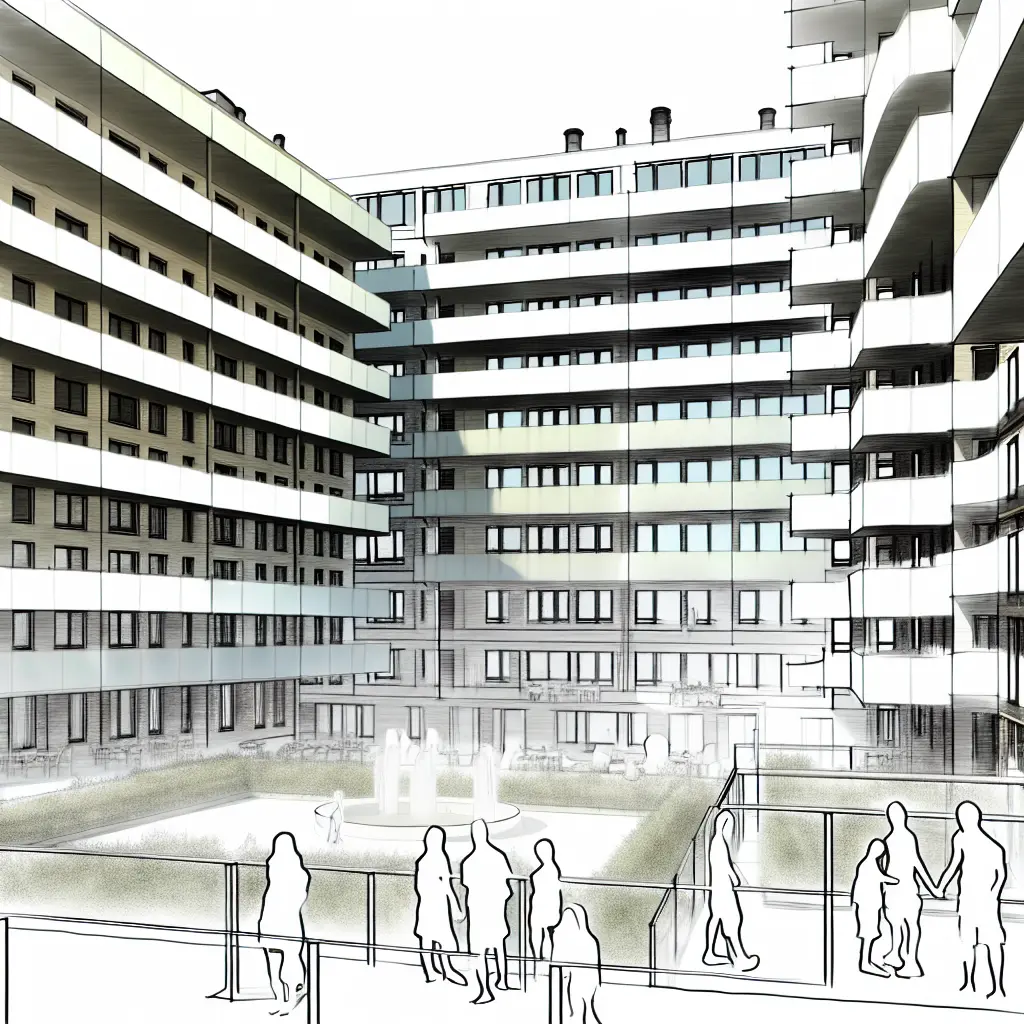Sodertalje Tingsratt, the local court in Sodertalje, Sweden, has found itself in the midst of a controversy as investigative reports by Dagens Nyheter revealed that the court's premises are owned by a corporate group linked to a key figure in the notorious Sodertalje criminal network.
This situation has sparked widespread concern regarding the potential risks and implications of having judicial facilities owned by private entities with possible criminal connections.
The court, which handles cases ranging from murder to money laundering, has been unable to extricate itself from the lease agreement with the corporate group, which has reportedly earned approximately 45 million SEK in rental income over the past seven years.
The ownership issue has raised questions about the integrity and independence of the judiciary, highlighting the need for a review of policies governing the ownership of court buildings.
Justice Minister Gunnar Strommer has suggested that in certain cases, municipalities or the state should have the option to intervene and purchase properties of strategic importance.
Meanwhile, the Swedish Economic Crime Authority has called for increased scrutiny of corporate structures to prevent the use of properties as tools for criminal activities such as money laundering.
The ongoing investigation into the financial dealings of the corporate group's main owner, who has not been convicted but is under investigation for serious economic crimes, underscores the complexity and urgency of addressing the systemic problem of criminal infiltration in the real estate sector.

